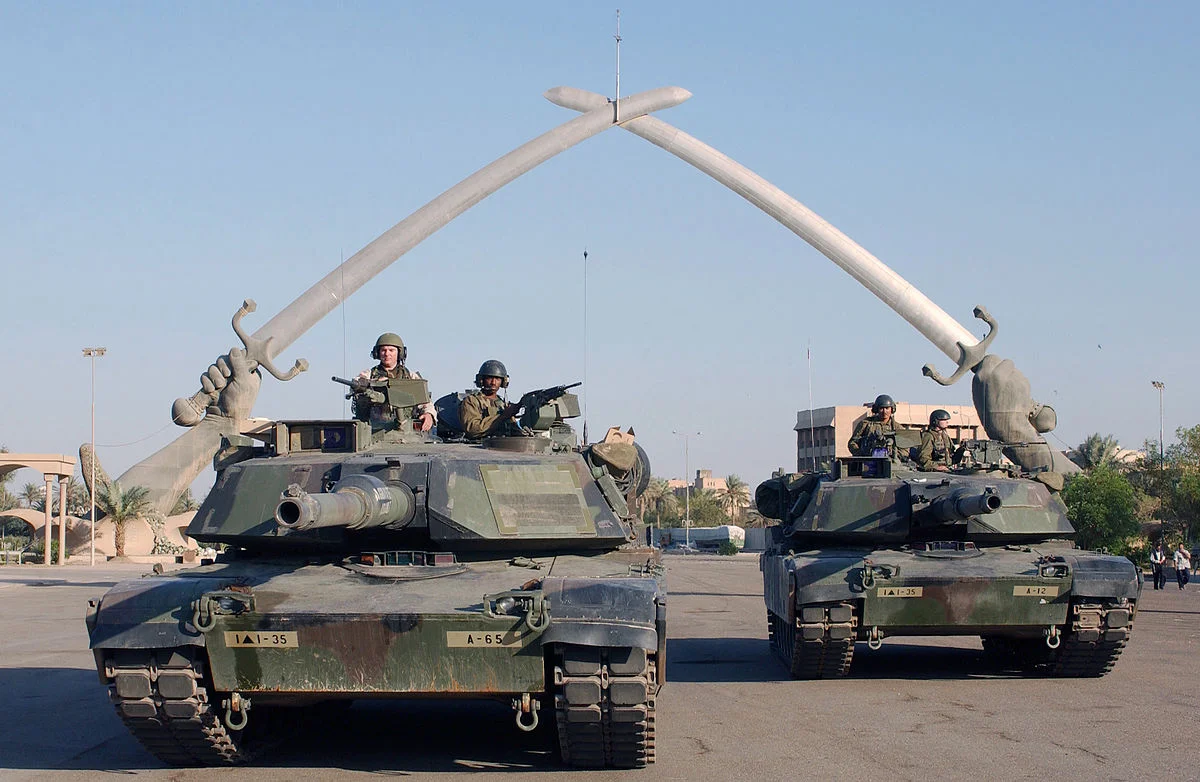Thucydides, who authored the definitive account of the Peloponnesian War, started writing as soon as the conflict began, “...believing that it would be a great war, and more worthy of relation than any that had preceded it.” His account has also proved valuable for evaluating ensuing conflicts through to the present day. As Captain Alfred Thayer Mahan wrote, the Peloponnesian War showed that “strategic problems remain the same, though affected by tactical difficulties peculiar to each age.” The Athenian invasion of Sicily and the American experience in Iraq were not identical, but no two wars ever are. Instead, we must look at the overarching effects the military campaigns had on political objectives.
#Reviewing Military Leadership Lessons for Public Service
The new presidential administration includes more veterans in cabinet-level positions than any administration in recent memory, a point that has sparked debate among public policy experts. On one hand, Daniel Benjamin, a professor at Dartmouth College and former official at the State Department, says former military officers in civilian positions is “a matter of deep concern,” because “Generals as a rule believe in hierarchies and taking orders…Generals have one set of skills, and diplomacy is not in the top drawer of that tool kit.”[i] Senator Ron Johnson (R-Wis.) disagrees and contends, “The United States military…produces real leaders, people who know how to solve problems and take a very structured approach in doing so.”[ii] In Military Leadership Lessons for Public Service, Charles Szypszak explores the principles and methods of military leadership and argues they are effective for public service.[iii] Szypszak’s book will be especially valuable to service members who are interested in post-military public service, from the policy-making level to service in city and county governments.



